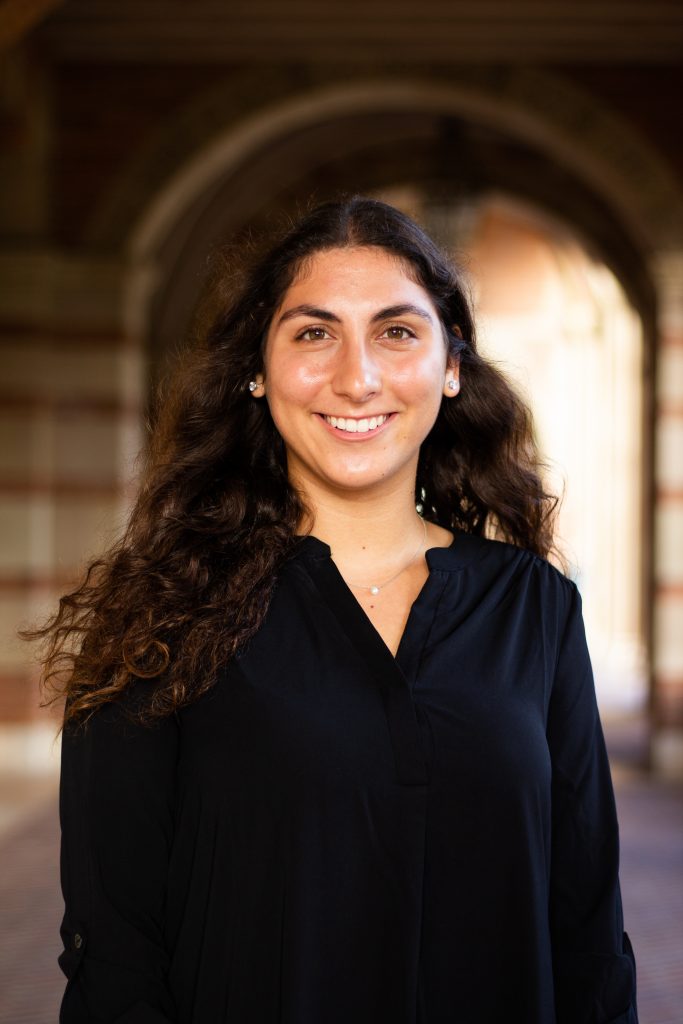
Natasha Keces
Natasha is a MA/PhD student in the Eliot Pearson Department of Child Study and Human Development. She received her BA in Psychobiology and Applied Developmental Psychology from University of California, Los Angeles in 2020. While in school, Natasha worked at the Fanselow Lab to study the neural correlates of emotion learning and at the UCLA Infant Development Program to conduct a case study documenting a child’s social cognitive and social emotional development. Upon graduating, she worked as an elementary school teacher that specialized in academically and social-emotionally supporting children struggling in core classes. As a doctoral research assistant at the Institute for Applied Research in Youth Development, she will work on the SoLD: MMDC project. She’s interested in researching the process in which children’s social and emotional development such as executive functioning and self-regulation is related to educational outcomes.

Alexa Hasse
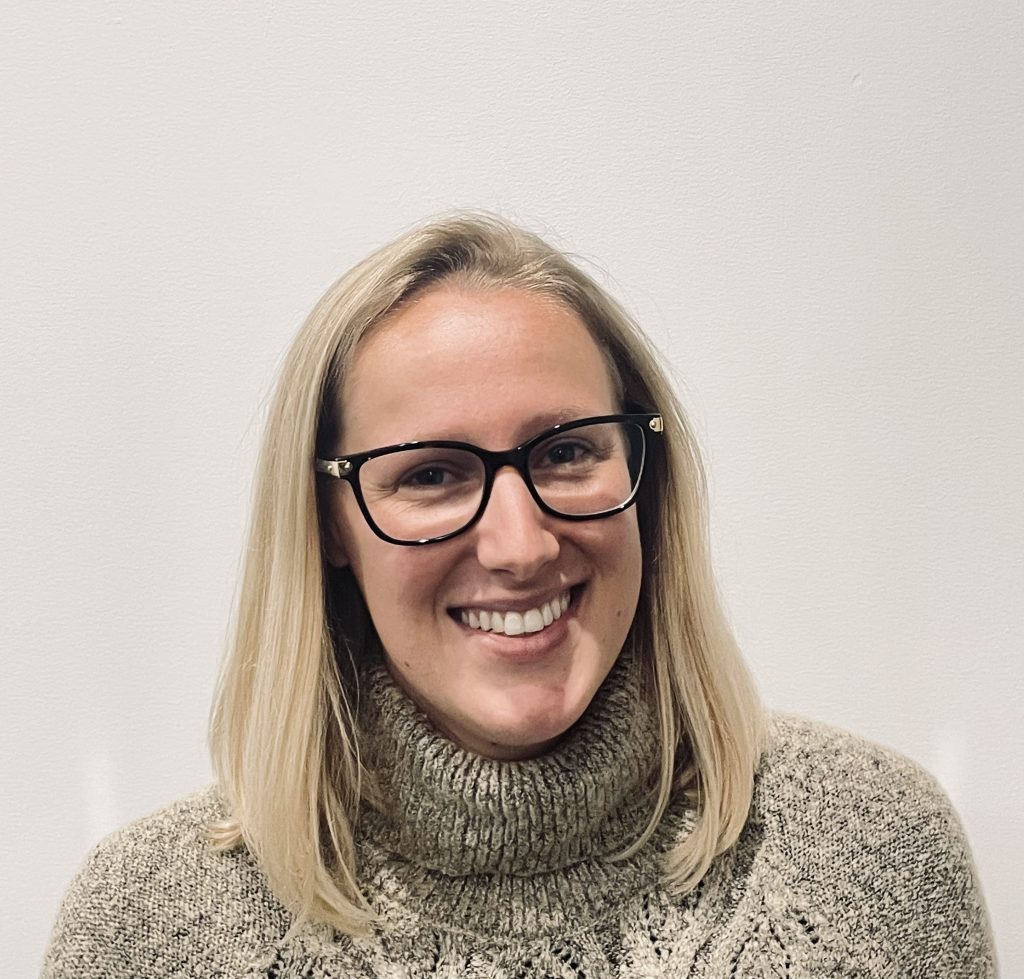
Kirsten Olander
Kirsten is a MA/PhD student in the Eliot Pearson Department of Child Study and Human Development. She received her BA in Psychology from the University of California, Los Angeles in 2017. While in school, Kirsten worked at the National Center for Child Traumatic Stress studying mass violence events through a qualitative lens; the Families Over Coming Under Stress-Early Childhood Lab focused on the impact of strength-based prevention strategies to effectively mitigate the impact of stress and promote resilience; led the evaluation of a mental health education intervention as a research fellow for the RAND Corporation. Further, Kirsten spent the summer before her senior year working in psychiatric hospitals and children’s centers in Sri Lanka for SLV.Global (a global mental health nonprofit organization). Upon graduation, Kirsten volunteered in children’s hospitals and youth education centers in Bolivia through Fundacion Bolivia Digna (a grass-roots non-profit organization). After returning to the United States, Kirsten worked at Age of Learning, Inc (a global education technology company) for almost four years conducting domestic and international (e.g., China, Japan, Papua New Guinea, Costa Rica) program evaluation research focusing on effective educational technology use within children, parents, and educators. As a doctoral research assistant at the Institute for Applied Research in Youth Development, she will work on The Thanda Study of Character and Health & The Compassion International Study of Positive Youth Development. Kirsten is interested in conducting research that can be translated into effective programs which will foster positive youth development and resilience in diverse children, families, and communities within low- and middle-income countries.
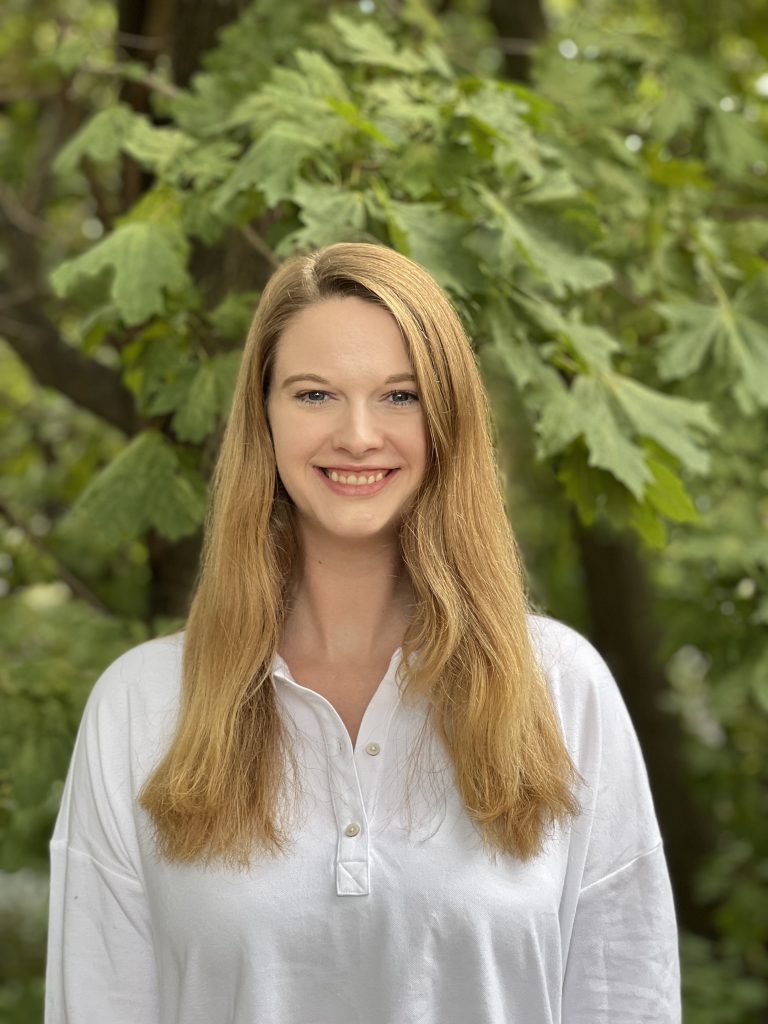
Margaret (Margy) Mackin
Margy is a Ph.D. student in the Eliot-Pearson Department of Child Study and Human Development. She received her BA in Psychology from Wheaton College (MA) in 2019. While in undergrad, she worked in the Laboratory for Research and Prevention of Interpersonal Violence at Rhode Island Hospital to evaluate a social norms-based curricula aimed at reducing student problem behaviors. Upon graduating, she worked as a research assistant and project coordinator at the Center for Social Development and Education at UMass Boston, exploring avenues for social and emotional development in inclusive extracurricular programming. As a doctoral research assistant at IARYD, Margy is interested in researching the impact of out-of-school time settings on youth social and emotional development.
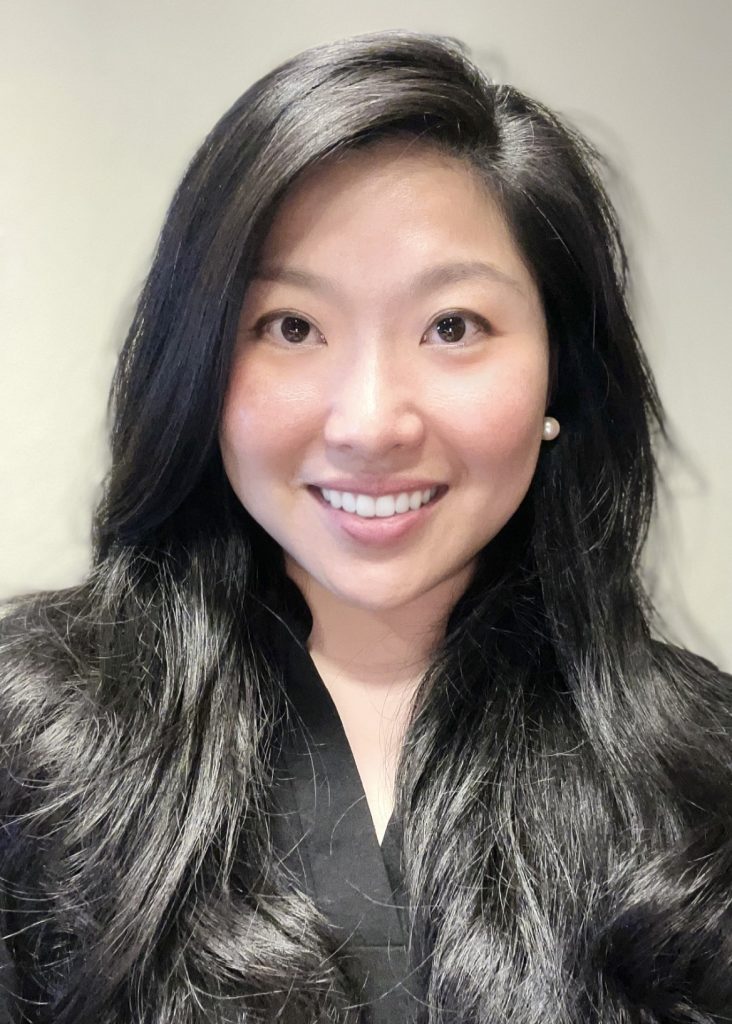
Yoon Dunham
Yoonie is a graduate of the United States Military Academy, the University of Virginia, and is currently a PhD student in the Eliot Pearson Department of Child Study and Human Development at Tufts University. An active-duty U.S. Army officer, she previously served as an Assistant Professor of Psychology in the Department of Behavioral Sciences & Leadership (BS&L) at West Point. Her scholarly interests center on understanding how individuals and their environments influence service propensity and societal contribution at various levels. Currently, she is engaged in research examining predictors of performance and character development in the context of adversity, utilizing the Project Arete data set, a five-year, longitudinal, cohort sequential, mixed methods investigation exploring virtue development at West Point.
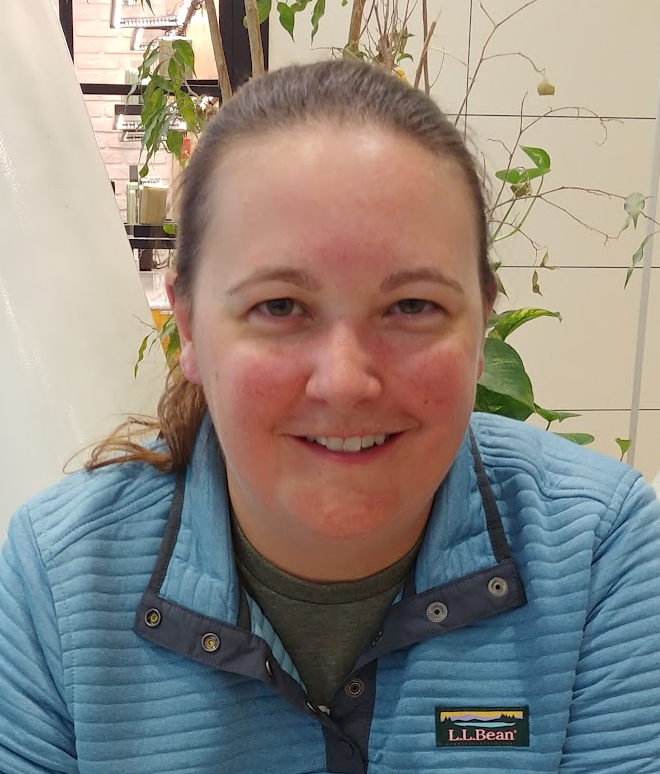
Sarah Johnson
Sarah is a Ph.D. student in the Eliot-Pearson Department of Child Study and Human Development. She received her BS in Chemistry and Life Science from the United States Military Academy (USMA) at West Point, NY in 2009. Following graduation, she commissioned as a Second Lieutenant in the U.S. Army. Sarah has spent the last fifteen years serving as an active-duty Logistics Officer, holding numerous leadership positions across multiple echelons. In 2016, she returned to USMA where she served as the Special Assistant for Honor. In this role, she served as the primary advisor to the Academy leadership on all matters related to the Honor Code. In addition, Sarah developed ethics-related training for 4,000 cadets annually. This work served as the genesis for her current research interests, which focus on the moral and character developmental trajectories of college-aged youth. Prior to attending Tufts, Sarah earned a Master of Operational Science (2019) from the Command and General Staff College and a Master of Arts in Social Organizational Psychology (2018) from Teachers College, Columbia University.
